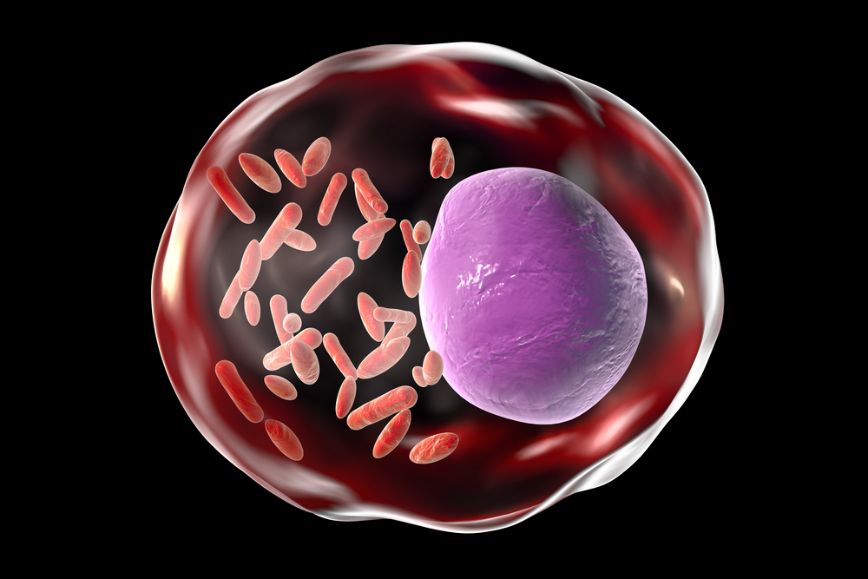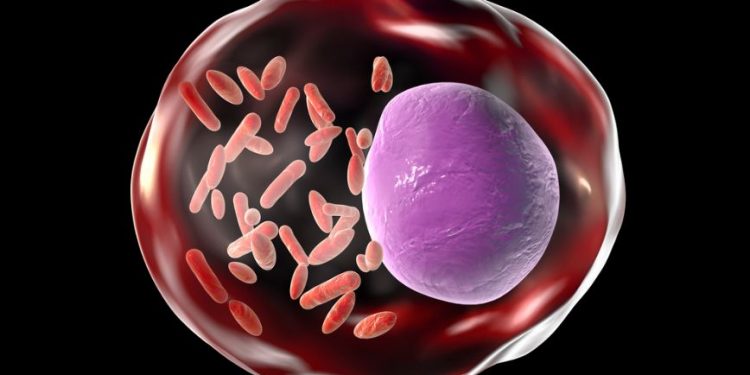Endemic typhus, sometimes called fleaborne typhus or murine typhus, is a less severe form of the disease epidemic typhus (louseborne typhus). The symptoms are similar but less severe.
The disease is caused by Rickettsia typhi, which is transmitted to humans by fleas that live on rats or other small mammals. A person becomes infected by flea bites that are contaminated with feces from infected rats, cats, or opossums.
Epidemic typhus is a life-threatening bacterial infection that can be very serious and fatal if it is not treated early. The bacteria infect cells in the body and multiply, which can lead to a number of complications.
A fever is the most common symptom of epidemic typhus, but other symptoms can also occur. Myalgias, joint pain, nausea, vomiting, and abdominal pain may also occur.
Rashes develop on about half of the patients with endemic typhus. The rash usually appears within 6 days of the onset of illness and can be nonpruritic or macular. It begins on the trunk and spreads peripherally. The rash is sparing of the face and palms and tends to be maculopapular or macular, but can appear in other parts of the body as well.
Although endemic typhus has a very low incidence of mortality, it can be devastating to the patient. Most people are able to recover after treatment, but some have very serious complications such as pneumonia and organ failure.
The risk of a severe complication is higher in adults. The CDC recommends that anyone with a rash or other symptoms of endemic typhus see a physician right away.

If a patient has endemic typhus, antibiotics will be given to treat the infection and prevent complications such as pneumonia. Antibiotics should be taken for at least 3 weeks after the onset of symptoms to ensure that all the rickettsiae are killed off.
In addition to the usual symptoms of endemic typhus, patients may also experience confusion, seizures, or a sudden onset of uncontrolled muscle spasms. These symptoms can resemble those of measles, rubella, or Rocky Mountain spotted fever.
A person with endemic typhus is not likely to die, but may develop other serious problems such as low blood pressure, pneumonia, and gangrene of the skin or bones. A diagnosis of endemic typhus should be made by a doctor after a careful history and physical examination.
Fortunately, endemic typhus is very rare in the United States. The number of cases has declined since the early 1980s, as rodent control measures and flea-control techniques were developed to reduce rodent populations and subsequently the numbers of fleas that infest them. Nevertheless, endemic typhus continues to exist in some areas, especially those with colder temperatures and lower levels of sanitation.









